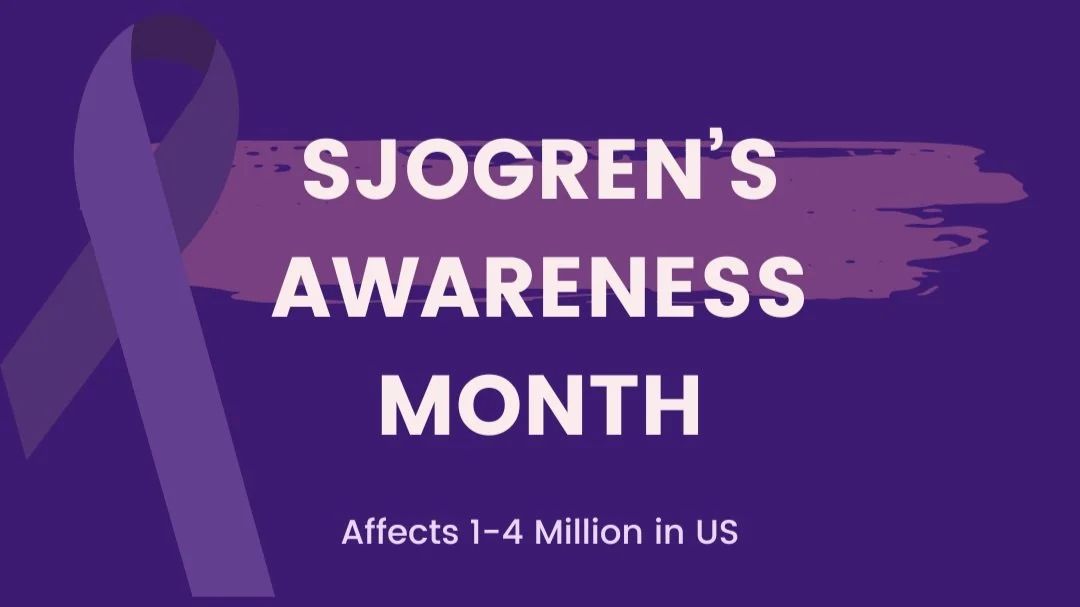IgG4-related diseases
Evidence: Antibody
Names and Subtypes
Eosinophilic angiocentric fibrosis
Idiopathic hypocomplementemic tubulointerstitial nephritis
Inflammatory aortic aneurysm
IgG4-related disease
IgG4-related systemic disease
Inflammatory pseudotumor
Küttner’s tumor
Mediastinal fibrosis
Mikulicz’s syndrome
Multifocal fibrosclerosis
Ormond’s disease
Periaortitis
Periarteritis
Retroperitoneal fibrosis
Riedel’s thyroiditis
Description
IgG4 is a type of antibody normally found in humans. However, in some persons, the level of this antibody is elevated and it plays a role in the development of several autoimmune diseases, including myasthenia gravis, pemphigus, autoimmune thrombocytopenic purpura and autoimmune pancreatitis.
IgG4-related diseases (IgG4-RD) are complex fibro-inflammatory disorder that can affect any organ. Medical practitioners assign a diagnosis based on symptoms and the organ affected. The primary clinical feature in IgG4-RD entails a tumor-like presentation coupled with tissue-destructive lesions.
For more information, see the pages on specific diseases. At this time, not all IgG4 diseases are documented, and many are very rare.
Patient Groups
None
Bloggers
None
Prevalence
See prevalence for specific diseases.
Typical Age of onset
No specific age
Symptoms
Symptoms depend on the specific IgG4 disease












